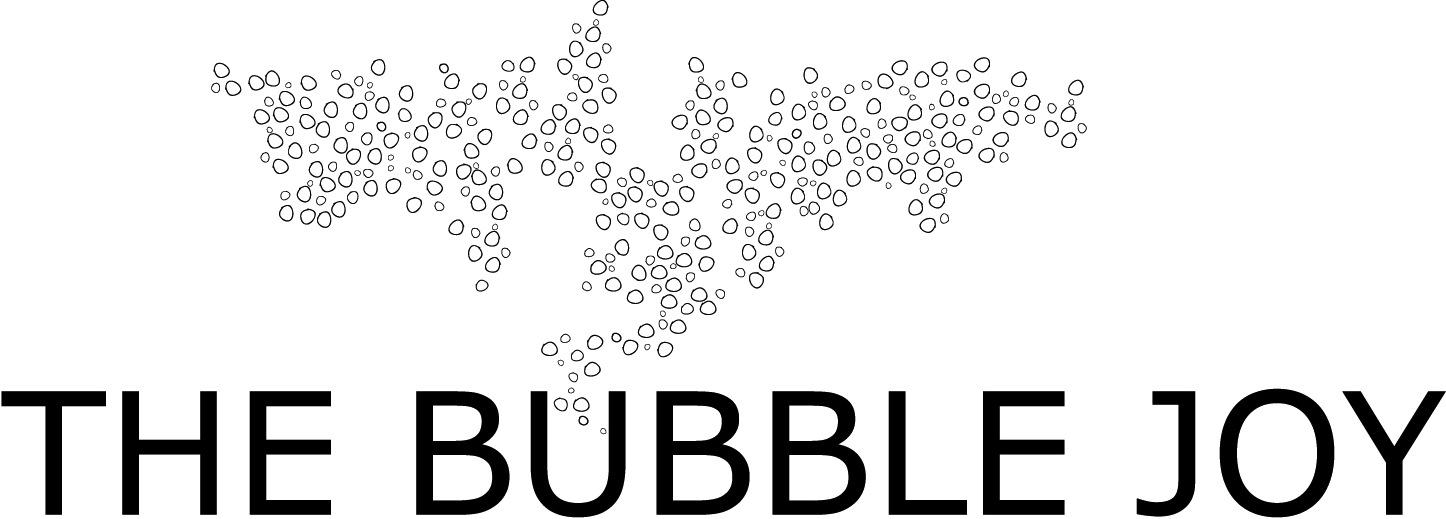I used to work in the adult fiction room at a suburban library -- the greatest job I ever held. It was better even than working as a counselor at a French camp where I received $200 a week for making moon eyes at a guy named Jean-Michel from Winnipeg. At the library, I brewed coffee, compiled reading lists, led a monthly book discussion, recommended titles to patrons, and never ceased to be amazed that every ten days, someone handed me a check for such "labor."
This was suburbia and still, the size of the stacks made me realize that I would never come close to reading all the worthy books in the world. I began to exercise discretion about my selections. If a book didn't meet certain criteria within the first few chapters, I quit.
Nowadays, thanks to Amazon's "try a sample" feature, I regularly hold book auditions. In 2016, I auditioned many books. I purchased and read about twenty books. And of those twenty, I reread three. Here they are:
The Excellent Lombards by Jane Hamilton
The Excellent Lombards is about a most excellent young girl named Frankie. I loved Frankie. She reminded me of Scout Finch. She loves with abundance - her brother, her fifth grade teacher, and especially her family's Wisconsin farm - and she fights to protect these things with the ferociousness of a lion cub.
There is an epic family drama at the core of the book but it is never fully explained. We only know what Frankie knows. Yet she is an enterprising child who takes her version of the truth and turns it into silk, weaving tales that end up strong and real and shape-forming.
Like in the best coming-of-age books, the peripheral characters are eccentric and colorful. Frankie's mom - a librarian! - is somewhat vilified but she is my hero, especially in the scene where she smashes a vintage blue pagoda plate in front of her fellow librarians. Now that's drama!
I got to see Jane Hamilton recently at our local bookstore. She drove up from her apple farm in Racine, about thirty miles south of Milwaukee. She is a true Wisconsinite. I mean to say that her overriding characteristic is self-deprecation. One comment she made stuck with me. "It's much harder to write goodness. Goodness is much more mysterious."
Frankie is goodness.
The Year of Magical Thinking by Joan Didion
Can you imagine a page-turner about mourning? Well, that is precisely what Joan Didion wrote. On December 30, 2003, Didion loses her husband of nearly forty years, John Gregory Donne, to a heart attack. Five days earlier, on Christmas Day, they had admitted their daughter to the ICU where she remained, comatose, unaware of her father's death. These two circumstances propel Didion into a world where her sanity is shallow, where things are not as they seem, where she faces the black hole of meaninglessness. Yet, strangely, the memoir that is borne out of her husband's massive coronary is so precise, it cuts like a scalpel.
Didion uses plain English to describe her shifted state. No slang. No high-falutin' philosophy. She reflexively reaches for facts and layers in medical terminology, autopsy reports and hospital timelines. It's hard to pinpoint exactly why the book is suspenseful. You know the outcome. You know the plot.
We are enthralled by her insight. She drops little breadcrumbs of thought - "he said we weren't having any fun" - and then retraces her steps back. She repeats key phrases like a refrain in a song: "Sometimes I feel like a motherless child." And you recognize the words.
'H' is for Hawk by Helen Macdonald
This book is heavy, man. It's a deep mine of a book and if you can strap on a headlamp and follow the veining, you'll find gold.
At the entrance to this cavern stands the author, a young British woman who is decimated by the unexpected death of her father. He was a photographer, a lover of nature, an everyman, an unsung hero. He had a profound influence on his talented daughter.
Tethered to Macdonald is a wild hawk. A goshawk, actually, named Mabel. She is Macdonald's distraction, and training Mabel provides Macdonald with a reasonable excuse to recede from society.
And behind Macdonald, a vestige of her childhood, is the British author, T.H. White. In the 1930s, he too sought refuge in falconry, attempting to tame his own homosexuality, and failing, just as he attempted and failed to tame a goshawk. Macdonald retells White's story, contrasting his approach to falconry with hers.
With so much going on, it sounds like this cave could be structurally unsound, doesn't it? Yet the book holds together seamlessly. I've never read such interesting nature descriptors. Henry David Thoreau would be a fan. And the hunts with the nobel Mabel will make your heart soar. So thrillingly described, you will hear the beating wings, and smell the poor rabbit's fear.
New at Finder Not Keeper. Click on photos for shopping information:
Photos by Renn Kuhnen and Mithra Ballesteros


